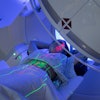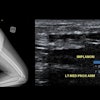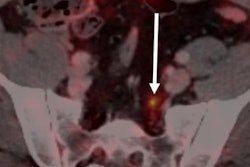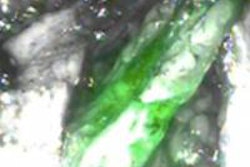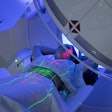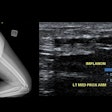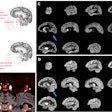A newly developed radiotracer significantly improves the early detection of recurrent prostate cancer, according to research published in the Journal of Nuclear Medicine. The radiotracer outperformed the standard therapy even in patients with extremely low prostate-specific antigen (PSA) levels.
The prospective trial was the first to compare the new gallium-68 (Ga-68) prostate-specific membrane antigen (PSMA) PET tracer with the more widely available F-18 fluoromethylcholine (FMC) in men with prostate cancer, according to a group led by Dr. Joshua James Morigi from St. Vincent's Public Hospital in Sydney, Australia.
CT, Ga-68 PSMA PET/CT, and F-18 FMC PET/CT were performed in 39 patients between January and April 2015, and the scans were evaluated by experienced nuclear medicine physicians blinded to which approach was used. Morigi and colleagues evaluated the scan results and their impact on patient management. Of the subjects, 89% had only their prostate gland removed in prior treatment, while the remaining 11% had radiation therapy (JNM, August 2015, Vol. 56:8, pp. 1185-1190).
Even at very low PSA levels (< 0.5 ng/mL), Ga-68 PSMA PET/CT was able to detect sites of possible recurrence in 50% of the patients, while F-18 FMC PET/CT detected possible recurrence in only 12.5%. PSMA also strongly influenced patient management in the cohort (63%), with an added value over FMC in 44%, the researchers found.
The results have important implications for managing men with early biochemical failure, and suggest that imaging-guided therapy in patients with very low PSA levels (< 0.05 ng/mL) may be possible, according to the group.

